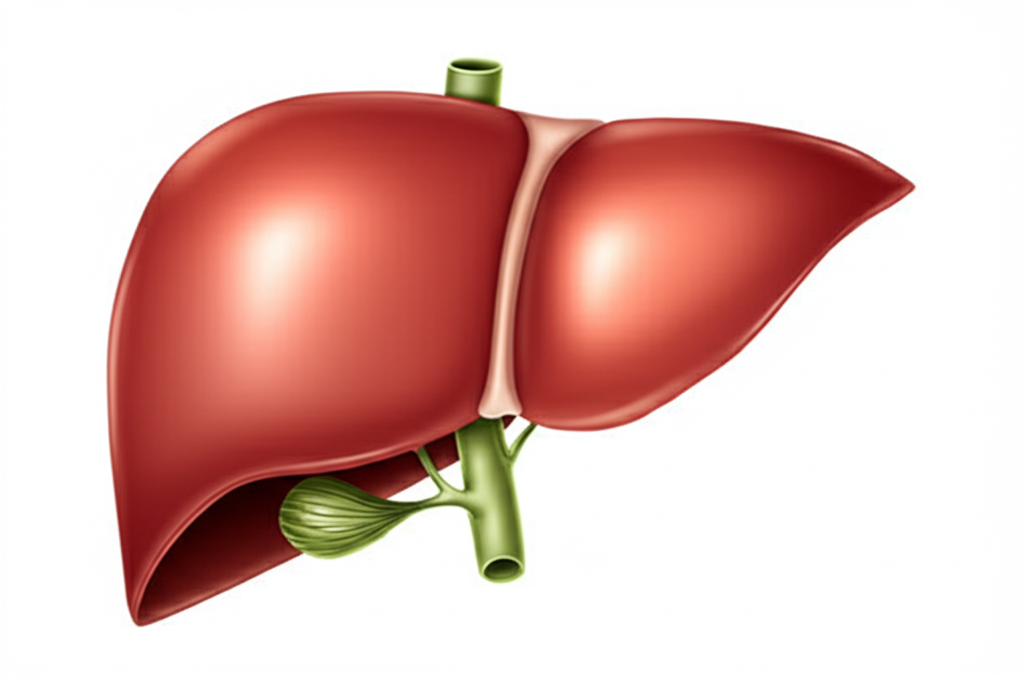Throughout history, it’s been recognized that each organ in the body has a specific function. However, the liver is vital for accelerating weight loss. Traditional Chinese medicine has emphasized the liver’s role in obesity for over 5,000 years, considering it a key source of the condition. This perspective aligns with modern understandings of metabolism, where the liver’s influence is undeniable.
When you consume excessive amounts of foods like bread, pasta, rice, and sugary treats, the liver is forced to produce fat. These foods are converted into triglycerides, a type of fat. Abdominal fat, for example, is primarily composed of triglycerides created in the liver. Therefore, managing obesity requires understanding and addressing liver function.

Beyond fat production, the liver is the body’s primary detoxification organ. It processes substances like additives, pesticides, chemicals, and medications. The liver transforms these fat-soluble toxins into water-soluble compounds that can be excreted. When the liver is overwhelmed, it encapsulates toxins with triglycerides, essentially deactivating them. This highlights the importance of a well-functioning liver for overall health and weight management.
The thyroid gland regulates the body’s metabolism by producing the T4 hormone, which converts to the active T3 hormone. A significant portion of this conversion, around 80% or more, occurs in the liver. When the liver is fatty or impaired, this conversion process is hindered, impacting energy levels and weight loss efforts. Therefore, a healthy liver is essential for optimal thyroid function and metabolism.



